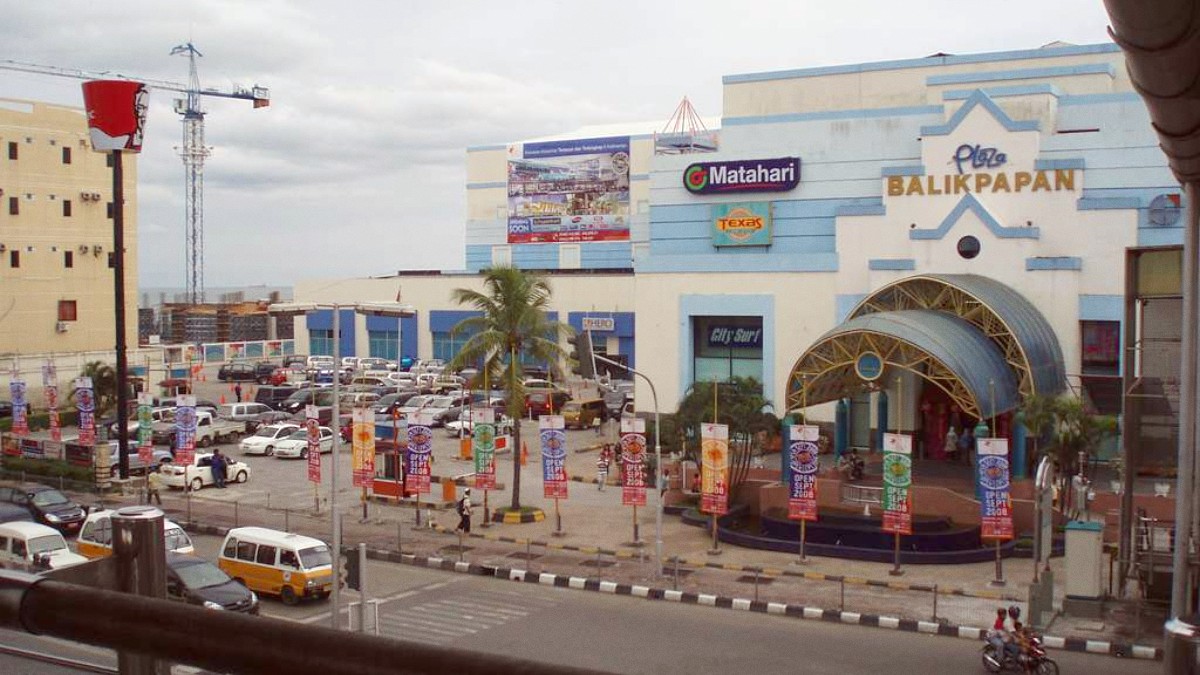
Kalimantan, Indonesia
Local initiatives actively protect mangrove ecosystems and wildlife, like sun bears.
Public recycling infrastructure remains limited outside major hotels and malls.
Conscious water consumption is important even with abundant rainfall in Kalimantan.
Protected areas and various programs contribute to the region's environmental preservation.
Excellent examples of local efforts to conserve ecosystems.
Waste management is a significant challenge in Indonesia, including Balikpapan.
While Kalimantan generally has abundant rainfall, conscious water use is still important.
Consider offsetting your flight emissions through reputable carbon offset programs.
Research and select accommodations with clear sustainable practices. Book eco-friendly options on Ecobnb.
Choose sustainable outdoor gear from Patagonia. Opt for ethical tour operators like G Adventures and support conservation efforts through The Rainforest Site.
Protecting natural assets and supporting ethical practices contributes positively to local and global environments.
Responsible travel calls for cultural awareness and respect in every interaction.
Support local arts and crafts by purchasing directly from artisans or small local businesses.
Your interactions with locals shape your experience and their perception of visitors.
Always ask permission before photographing people, especially children, or in private settings.
Observe protocols when visiting sacred places like mosques or temples.
Your spending benefits local communities directly when you travel responsibly.
Choose local restaurants and warungs over international chains for dining.
Look for products that support local communities and artisans.
Utilize local transportation services like angkot or ride-hailing apps.
Your choices about where you spend your money contribute directly to the local economy and its residents.
While not highly developed in Balikpapan city itself, supporting local small businesses benefits residents.
Look for products that are certified fair trade or clearly state their support for local communities and artisans.
Be wary of tour operators that exploit wildlife or cultural practices.
If you wish to donate, do so through established, reputable NGOs or local charities.
Avoid giving directly to individuals on the street to prevent inadvertently encouraging begging.
Always research organizations before contributing to confirm their credibility and mission alignment.
Your actions and spending choices directly influence local communities and environments; choose responsibly.
Direct your generosity through established charities for the most significant and sustained positive contribution.